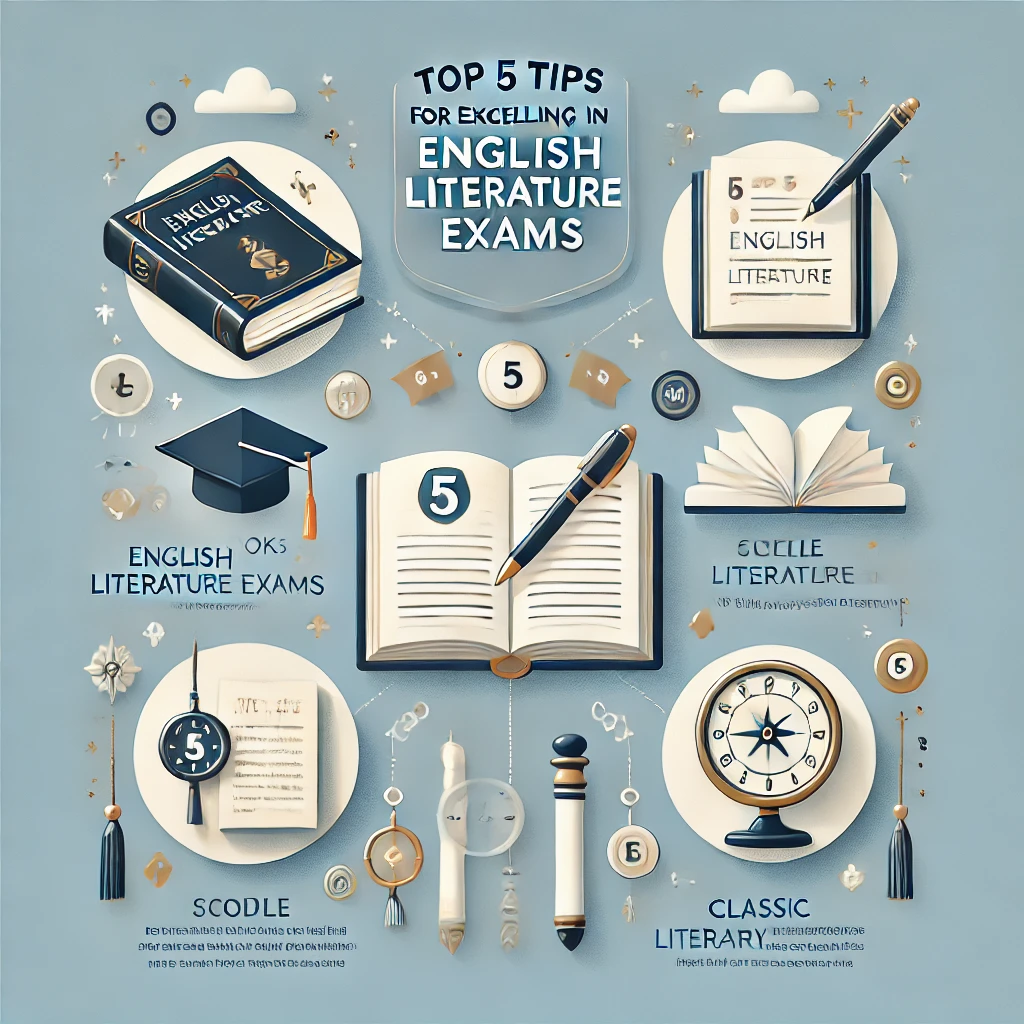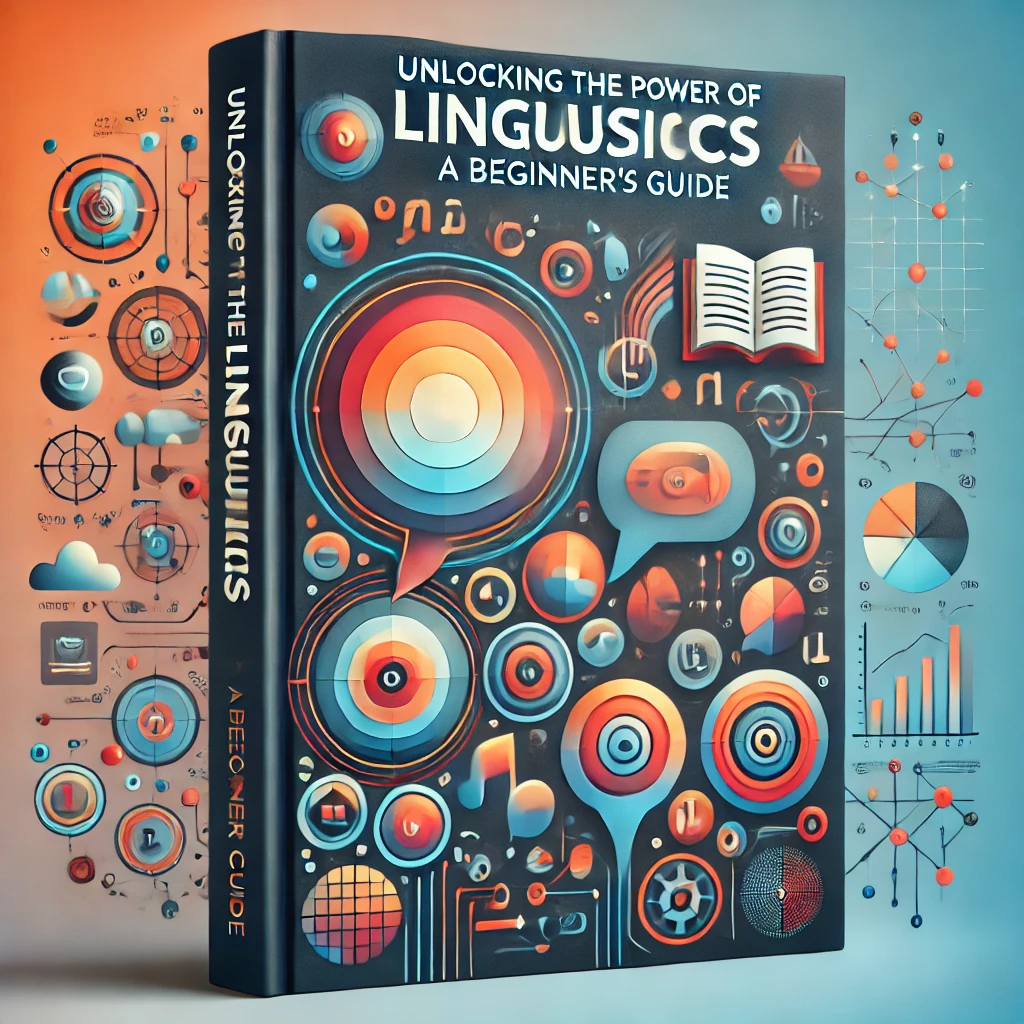Understand the Exam Structure
Know the Format
Familiarize yourself with the types of questions you might encounter, such as essay questions, passage analysis, or multiple-choice sections. Familiarize yourself with the types of questions you might encounter, such as essay questions, passage analysis, or multiple-choice sections.Familiarize yourself with the types of questions you might encounter, such as essay questions, passage analysis, or multiple-choice sections.Familiarize yourself with the types of questions you might encounter, such as essay questions, passage analysis, or multiple-choice sections.Familiarize yourself with the types of questions you might encounter, such as essay questions, passage analysis, or multiple-choice sections.
Review Past Papers
Analyze previous exams to Familiarize yourself with the types of questions you might encounter, such as essay questions, passage analysis, or multiple-choice sections. Familiarize yourself with the types of questions you might encounter, such as essay questions, passage analysis, or multiple-choice sections. understand the recurring themes, questions, and time allocation.
Dive Deep into the Texts
Read the Primary Texts Thoroughly
Ensure you have a comprehensive understanding of the main texts, including their themes, characters, and settings. Familiarize yourself with the types of questions you might encounter, such as essay questions, passage analysis, or multiple-choice sections. Familiarize yourself with the types of questions you might encounter, such as essay questions, passage analysis, or multiple-choice sections.
Study Literary Devices
Recognize techniques like metaphors, symbolism, and irony used by authors to convey deeper meanings. Ensure you have a comprehensive understanding of the main texts, including their themes, characters, and settings. Familiarize yourself with the types of questions you might encounter, such as essay questions, passage analysis, or multiple-choice sections. Familiarize yourself with the types of questions you might encounter, such as essay questions, passage analysis, or multiple-choice sections.
Context Matters
Learn about the historical, cultural, and social contexts of the texts, which often add layers to their interpretation. Ensure you have a comprehensive understanding of the main texts, including their themes, characters, and settings. Familiarize yourself with the types of questions you might encounter, such as essay questions, passage analysis, or multiple-choice sections. Familiarize yourself with the types of questions you might encounter, such as essay questions, passage analysis, or multiple-choice sections.
Practice Writing Under Time Constraints
Draft Essays
Practice crafting Ensure you have a comprehensive understanding of the main texts, including their themes, characters, and settings. Familiarize yourself with the types of questions you might encounter, such as essay questions, passage analysis, or multiple-choice sections. Familiarize yourself with the types of questions you might encounter, such as essay questions, passage analysis, or multiple-choice sections. essays in a timed environment to build confidence and improve coherence.
Focus on Clarity
Use clear and Ensure you have a comprehensive understanding of the main texts, including their themes, characters, and settings. Familiarize yourself with the types of questions you might encounter, such as essay questions, passage analysis, or multiple-choice sections. Familiarize yourself with the types of questions you might encounter, such as essay questions, passage analysis, or multiple-choice sections. concise language to express your points. Avoid overly complex sentences that might confuse the examiner.
Develop Analytical Skills
Annotate Texts
Highlight significant Ensure you have a comprehensive understanding of the main texts, including their themes, characters, and settings. Familiarize yourself with the types of questions you might encounter, such as essay questions, passage analysis, or multiple-choice sections. Familiarize yourself with the types of questions you might encounter, such as essay questions, passage analysis, or multiple-choice sections. passages, annotate key points, and make notes of recurring themes while reading.
Compare and Contrast
Be prepared to draw Ensure you have a comprehensive understanding of the main texts, including their themes, characters, and settings. Familiarize yourself with the types of questions you might encounter, such as essay questions, passage analysis, or multiple-choice sections. Familiarize yourself with the types of questions you might encounter, such as essay questions, passage analysis, or multiple-choice sections. parallels between different texts, authors, or themes, which is often a requirement in exams.
Use Evidence
Support your Ensure you have a comprehensive understanding of the main texts, including their themes, characters, and settings. Familiarize yourself with the types of questions you might encounter, such as essay questions, passage analysis, or multiple-choice sections. Familiarize yourself with the types of questions you might encounter, such as essay questions, passage analysis, or multiple-choice sections. answers with direct quotes or examples from the text to strengthen your arguments.
Manage Exam Day Wisely
Plan Your Answers
Allocate a few minutes Ensure you have a comprehensive understanding of the main texts, including their themes, characters, and settings. Familiarize yourself with the types of questions you might encounter, such as essay questions, passage analysis, or multiple-choice sections. Familiarize yourself with the types of questions you might encounter, such as essay questions, passage analysis, or multiple-choice sections. at the start of each question to plan your response. This ensures a structured and well-thought-out answer.
Time Management
Keep track of the time Ensure you have a comprehensive understanding of the main texts, including their themes, characters, and settings. Familiarize yourself with the types of questions you might encounter, such as essay questions, passage analysis, or multiple-choice sections. Familiarize yourself with the types of questions you might encounter, such as essay questions, passage analysis, or multiple-choice sections. to ensure you answer all questions without rushing.
Stay Calm and Focused
Take deep breaths and Ensure you have a comprehensive understanding of the main texts, including their themes, characters, and settings. Familiarize yourself with the types of questions you might encounter, such as essay questions, passage analysis, or multiple-choice sections. Familiarize yourself with the types of questions you might encounter, such as essay questions, passage analysis, or multiple-choice sections. focus on one question at a time to avoid feeling overwhelmed.
Conclusion
Excelling in English Literature exams requires preparation, practice, and a strategic approach. By understanding the texts, honing your analytical skills, and practicing under exam conditions, you’ll be well-equipped to perform your best. Follow these tips, and success will follow! Ensure you have a comprehensive understanding of the main texts, including their themes, characters, and settings. Familiarize yourself with the types of questions you might encounter, such as essay questions, passage analysis, or multiple-choice sections. Familiarize yourself with the types of questions you might encounter, such as essay questions, passage analysis, or multiple-choice sections.



